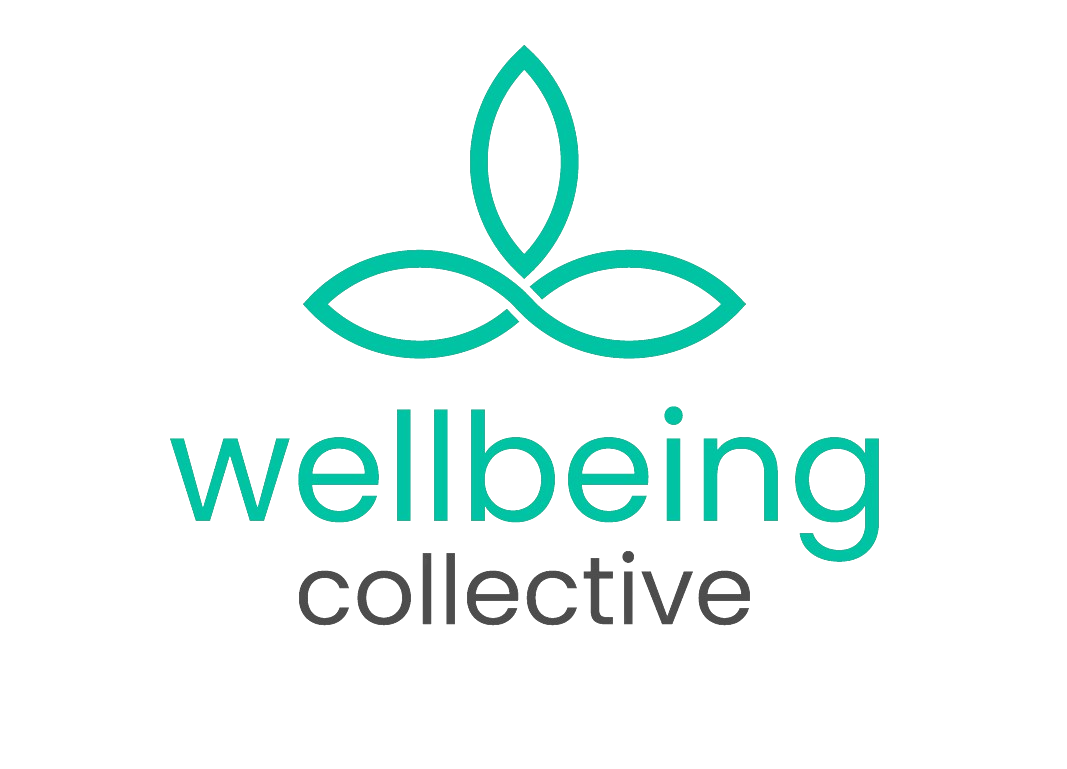How To Stay Hydrated

.
Staying hydrated is essential to our health. Without water, our bodies cannot function properly. Roughly 60 percent of our body is made up of water, which helps create saliva and gastric juices, regulates our body temperature, lubricates our joints, and more. Since our body constantly loses water – through urinating, sweating, talking, and even just breathing – it is important that we replenish our body’s water supply regularly. This is most especially true if you sweat a lot or are physically active.

Most people keep themselves hydrated by drinking water. However, staying hydrated means maintaining a healthy balance of water, electrolytes (like calcium, chloride, potassium, sodium, and others), and carbohydrates. Keeping all of them balanced is an important aspect of maintaining good health, as they all help our neurons and cells function properly.
While you might think that drinking copious amounts of water is enough to help you hit your hydration goals, what you eat is also important. A diet that is rich in fruits and vegetables as well as drinking two to three litres of water (around eight to twelve cups) per day can generally provide the levels of water, carbohydrates, and electrolytes that your body needs. However, the amount of water that your body needs may vary depending on how physically active you are, the types of food that you eat and your overall health, etc.

Another way to achieve that balance is by mixing carbohydrate and electrolyte sources directly into the water that you drink. Cure Hydration’s powdered mixes, for instance, are made with electrolytes from pink Himalayan salt and organic coconut water powder, with natural sources of carbohydrates like monk fruit extract and stevia. They taste great too, which makes staying hydrated more enjoyable. Go for the matcha for a hit of caffeine, the berry pomegranate if you want something sweet, or the grapefruit for something a bit more tart.
If your body isn’t getting the proper amount of water that it needs, there are a few signs to look out for: thirst, dry or sticky mouth, dizziness, headache, sleepiness or tiredness, muscle weakness, and infrequent urination. Symptoms of severe dehydration, meanwhile, include extreme thirst, confusion, irritability, sweating, rapid heartbeat, etc.
Another way to gauge your hydration level is to check your urine. A light yellow colour is fine. On the other hand, dark yellow or orange urine means that you need to drink more water.


